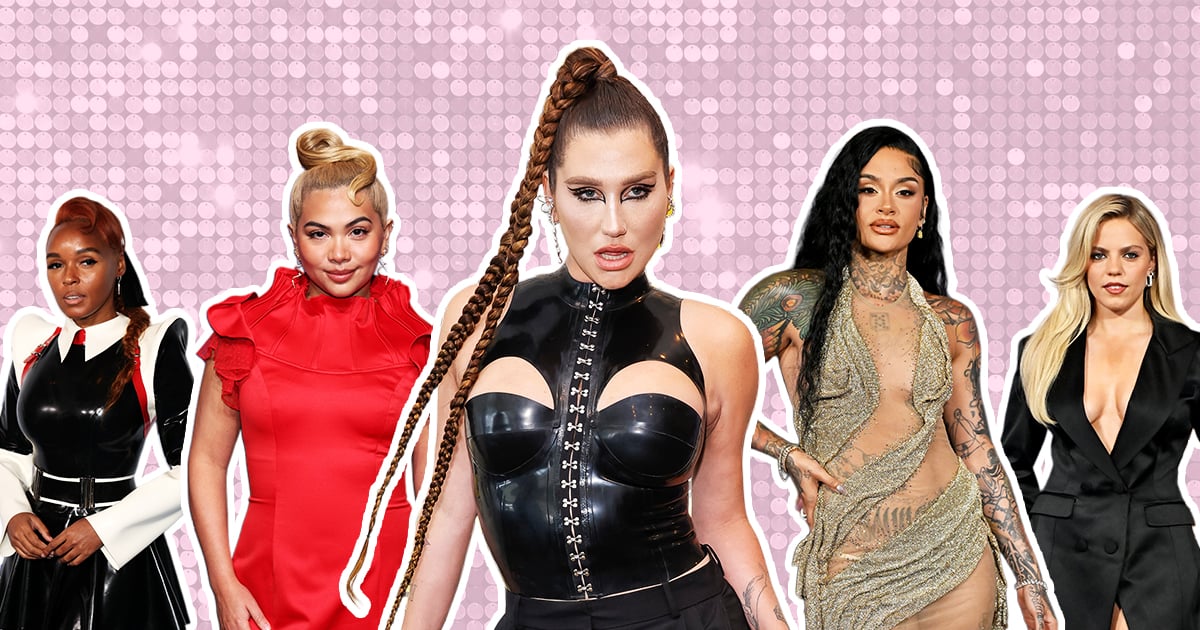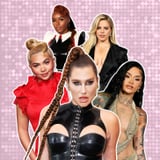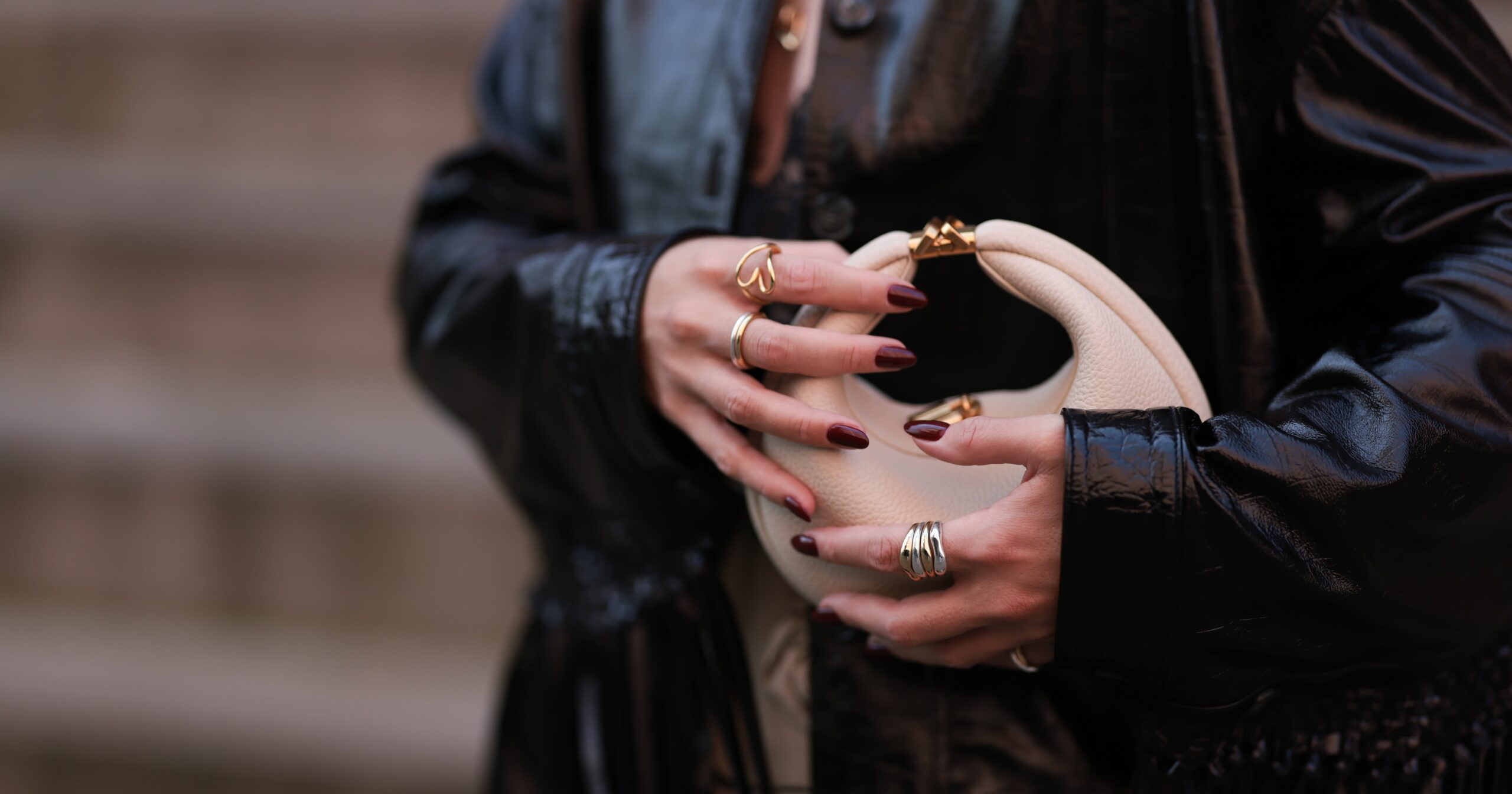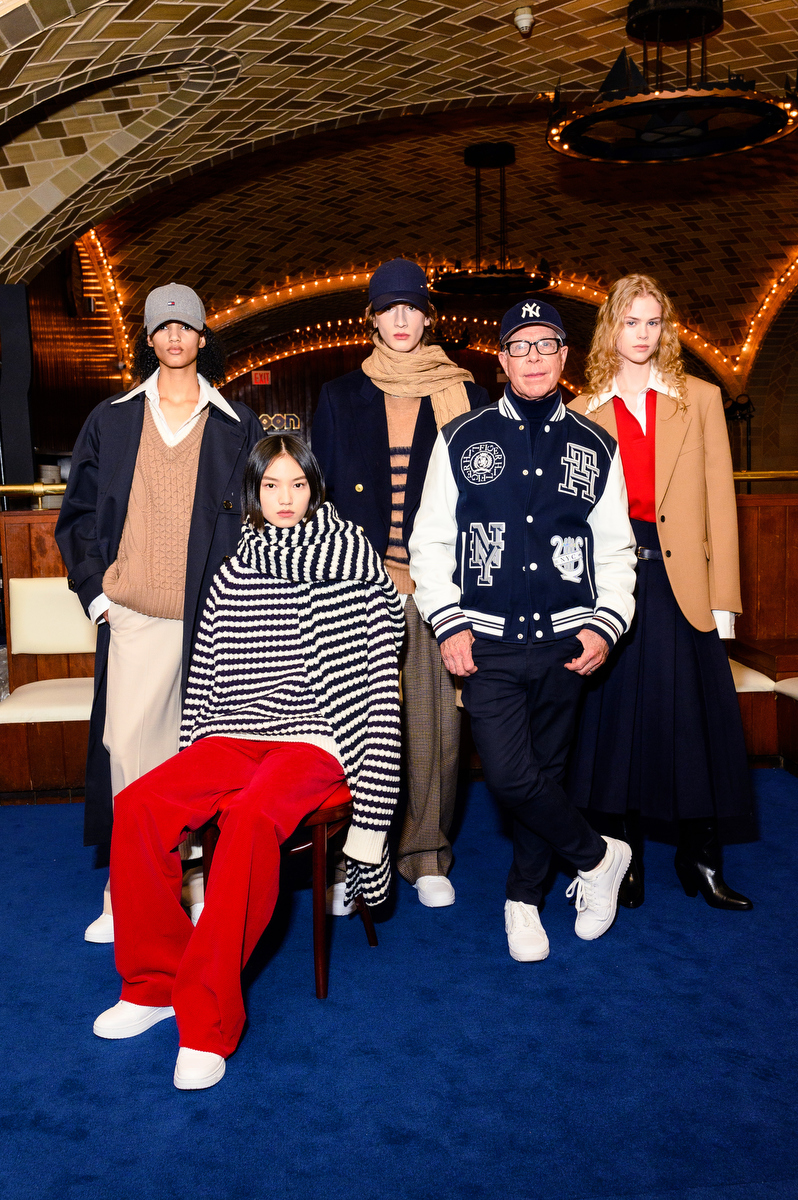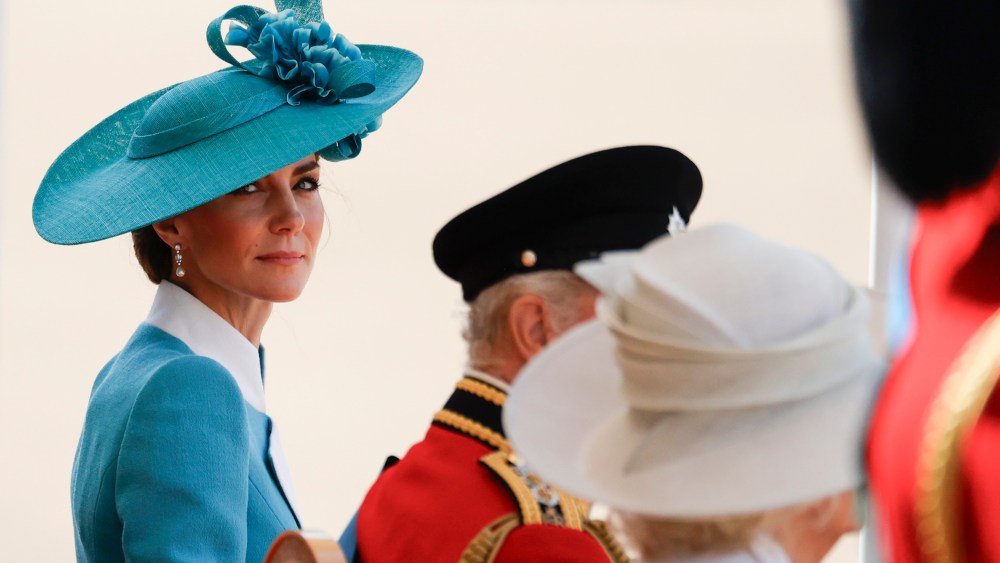Sex recession where? Although Gen Z is having less sex than previous generations and the alt-right is doing everything it can to claw us back to the butter-churning era, one segment of society is still aiming its glittering middle finger at purity culture: queer femme pop stars.
Kesha is the latest to flip the bird with Tits Out, a world tour promoting “. (Period),” her first album produced by her independent label, Kesha Records. She founded the label in 2024, after the settlement of lengthy lawsuits between herself and her former producer, Dr. Luke, whom she accused of sexual and emotional abuse. Now, in partnership with Feeld, she’s also launched Freedomme, a campaign that commemorates her journey toward both sexual and artistic liberation, in which she’s learned to be her “own top” and the “domme” of her “domain.”
“Being the domme of my life means I’m in charge, I’m in control, and I know what I want,” she tells Popsugar. “I finally have full autonomy over my mind, body, spirit, and voice, and I’m not really willing to compromise my newfound liberation for anything or anyone ever again.”
“When I’m on stage I absolutely feel like a femme domme top.”
In a video announcing the campaign, Kesha is seen slinking around in luxurious fabrics that drape lazily over a bikini. “I’ve got a message for my animals. I said, listen to mother,” she demands of the camera. Then, reclaiming a right-wing refrain, she asks: “Do you feel like freedom isn’t free?”
Later, wrapped in a patent leather jacket, she stands in front of a bouquet of microphones like it’s a presidential press conference in “The Matrix.” “We the free, in order to form a more pleasurable union, refuse to submit to shame any longer,” she says into the mics. “Joy is a human right . . . To life, liberty, and the pursuit of happiness. I want you to find your freedom on Feeld. I am.” It’s a pointed message to anyone in power who opposes queer expression: you can spew all you want, but our liberation is just beginning.
Courtesy of FEELD.
At least in the pop sphere, Kesha is in good – or shall we say naughty? – company. Her fellow queer femme divas like Chappell Roan, Reneé Rapp, and Kehlani have kept the sapphics sweating all summer long with singles and accompanying visuals that are unflinching in their non-normative sensuality. In the “Folded” music video, Kehlani can be seen in a black, lacy corset that shows off the singer’s many tattoos, making absolute love to an old camcorder. In “Mad,” Rapp sings about getting into kinky little fights with her girl. (Those vintage furs? OK, mommy domme.) And Chappell Roan’s “The Giver,” an ode to the orgasm, is serving country without the “O.”
Kesha knows all too well how record labels, talent agencies, and corporations have always profited off the sexualization of women and femme-presenting artists for the male gaze. What’s notable about this crop of pop stars is how authentic their overt sexuality feels to each of them, and how they each inhabit aesthetics specific to sapphic, queer, and kink communities. This is no American Eagle denim ad. It’s distinctly counter-culture, sensual, and cheekily provocative. At a time when it feels as though the broader culture is backsliding into traditionalism, these artists haven’t compromised their loud and proud femme-top energy – giving the rest of us a boost of confidence along the way.
Kesha feels most free when she allows herself to embody a range of sexual energies, without shame and without being tethered to a single static identity. “I refuse to define my sexuality. That’s putting limits on myself,” she says. “I refuse to do that anymore because I’m free.”
The nods to BDSM in her Freedomme campaign harken back to growing up as a “young punk kid” in Tennessee, when she first discovered how expansive her sexual desire could be. There was a time when all her punk friends wore leather harnesses, and “just baseline I thought it looked cool,” she says. In Nashville, she remembers falling in love with a punk rocker who wore a dress and leather harness on stage – but he was a dude, and up until that point, she had thought she was a lesbian. “Once I met [him], I had to reexamine that because I was also wildly attracted to this punk rock man in a dress,” she says. “It was so different than anything I’d ever experienced.”
That early love perfectly foreshadows her open-mindedness today – because even tops like to switch it up sometimes. “When I’m on stage, I absolutely feel like a femme domme top,” she says. “But it’s always relational. In other relationships I’m absolutely, like, super sub, and just ultra-feminine, ultra receiving. That’s the beauty of sexuality. It can be so fluid.”
Emma Glassman-Hughes (she/her) is the associate editor at PS Balance. In her seven years as a reporter, her beats have spanned the lifestyle spectrum; she’s covered arts and culture for The Boston Globe, sex and relationships for Cosmopolitan, and food, climate, and farming for Ambrook Research.
